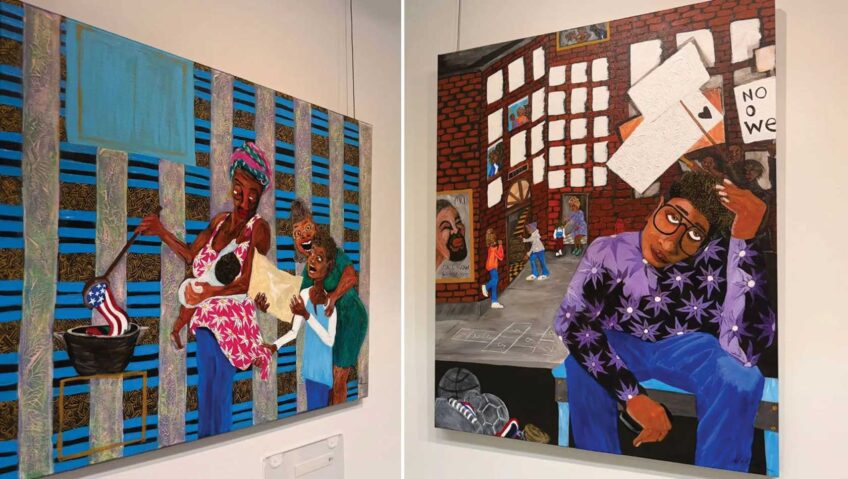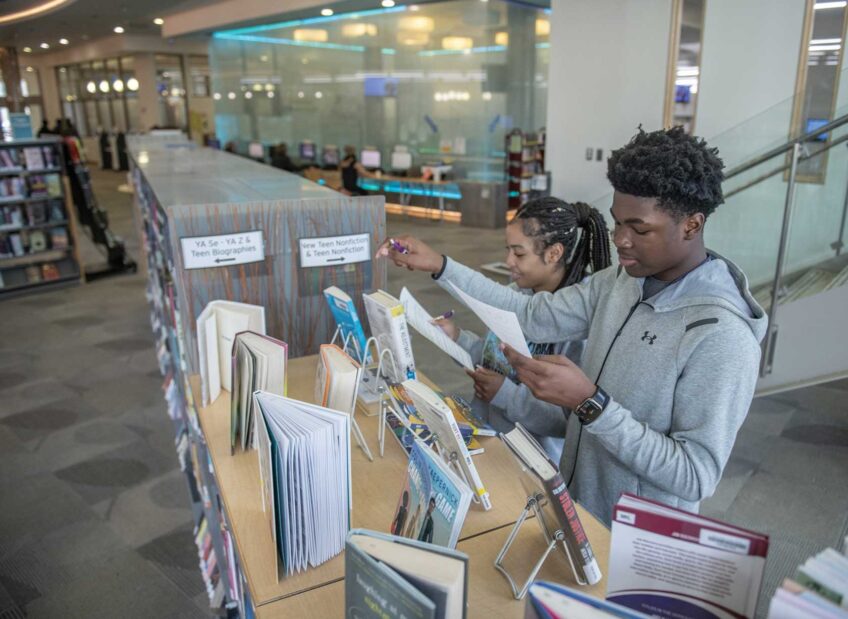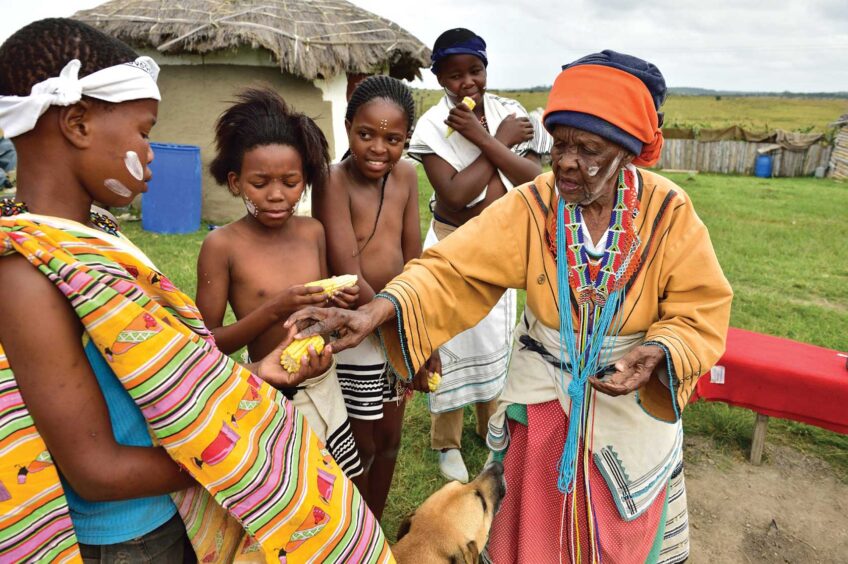Comcast RISE
The Comcast RISE program is part of a 3-year, $100 million commitment to fight injustice and inequality

While the pandemic has presented economic challenges for everyone, BIPOC-owned (Black, indigenous, people of color) small businesses have been among the hardest hit.
Nationally, the number of active business owners in the United States fell by 22 percent from February to April 2020 as the pandemic forced business to close their doors. But for Black-owned businesses, the devastation ran nearly twice as deep: active African American business owners declined 41%. Other minority communities also experienced deep losses, including immigrant (a 36 percent drop), Latinx (32 percent), and Asian (26 percent) business owners.
This narrative has become the norm in America; it’s time to address this crisis head-on.
The pandemic poured gasoline on a fire that was already smoldering. Businesses already operating closest to the margin were most likely to fail as the worst recession in 75 years quickly exacerbated and accelerated existing inequality.
With infection rates declining and vaccinations accelerating, it’s comforting to think we may finally be seeing the light at the end of the pandemic’s tunnel. But a gradual return to “normal” is cold comfort to BIPOC business owners struggling to keep their heads above water.
In order to dig out of this economic hole, minority-owned businesses need support – cash grants, technical resources, accessible loans — to help level the playing field and truly promote equal opportunity.
We need all hands on deck; both the federal government and the larger corporate community have critical roles to play here.
The Biden Administration’s proposed American Rescue Plan calls for a $15 billion grant program for small businesses, and an additional $35 billion to seed a small business lending program. The Administration expects to leverage an additional $175 billion in loans and venture capital. These funds are desperately needed – and it is absolutely vital that minority-owned businesses be given equal opportunities to benefit.
Congress needs to ensure that businesses owned by entrepreneurs of color get their fair share this time. And we need reporting requirements to ensure accountability. Promises and press releases aren’t enough; we need sustained commitment, follow through and transparency.
In the meantime, corporate America needs to step up.
More than 700 businesses nationwide are benefitting from Comcast’s RISE (Representation, Investment, Strength and Empowerment) initiative with marketing and technology services through this initiative, helping them get back on their feet. The Comcast RISE program is part of a 3-year, $100 million commitment to fight injustice and inequality that the company announced last summer.
This is the kind of concrete commitment that we need to build on. And as important as these federal and private sector initiatives are, they cannot succeed unless the rest of the village joins in. We all have to paddle in the same direction in order to realize the American promise of true equal opportunity. The federal government has to sustain its new efforts over time, and more leaders in the private sector need to initiate efforts like the Comcast RISE program in order to achieve scale.
With a coordinated effort from both the public and private sectors, minority business owners will be able to access the resources they need to thrive, and the economic recovery we’re all striving for will come closer to representing the fair, equitable playing field we should have built in the first place.
Ron Busby, President & CEO of the U.S. Black Chamber
Ramiro Cavazos, President & CEO of U.S. Hispanic Chamber of Commerce
Chiling Tong, President & CEO of National ACE







